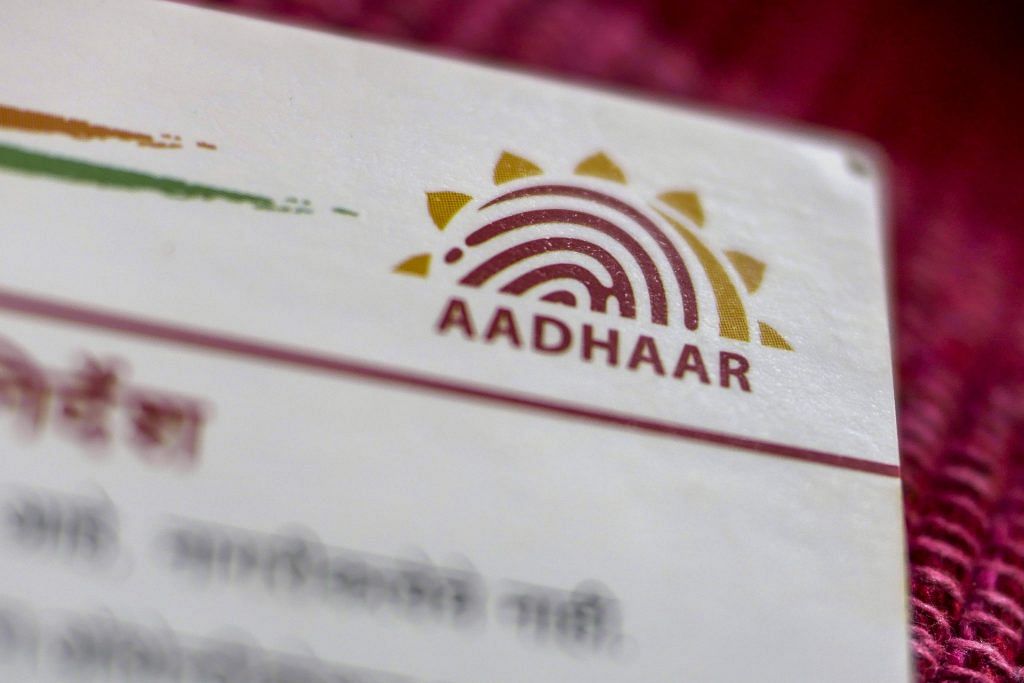From bar on private companies to allowing citizens the right to redress a breach, Supreme Court has put in restrictions in use of Aadhaar.
New Delhi: The Supreme Court Wednesday upheld the Constitutional validity of Aadhaar while placing some restrictions on its use.
While Chief Justice Dipak Misra, and Justices A.K. Sikri, A.M. Khanwilkar and Ashok Bhushan form the majority, Justice D.Y. Chandrachud wrote a dissenting view, calling Aadhaar “a fraud on the Constitution”.
A copy of the court’s verdict is not yet available but the judges read out operative portions of the ruling. Here are five key takeaways:
National security exemption
The apex court has struck down Section 33(2) of the 2016 Aadhaar Act, which permits disclosure of authentication information to the government on grounds of “national security.” The clause allowed a bureaucrat at the joint-secretary level to make this disclosure.
Also read: Supreme Court refuses to strike down Aadhaar but says private bodies can’t insist on it
The court has also partially struck down Section 33(1) of the Act that allowed disclosure of Aadhaar information to a district judge. According to the ruling, the disclosure can now only be made after giving the citizen concerned an opportunity to be heard in court.
Bar against private companies
The court has also struck down Section 57 of the Aadhaar Act that allowed private entities and corporate bodies to make Aadhaar mandatory. Now, banks, telephone service providers cannot insist on Aadhaar.
The court also struck down a notification issued under the Prevention of Money Laundering Act that made Aadhaar mandatory for all e-kyc.
Allowing individual citizens to complain in case of a breach
The court has also struck down Section 47 of the legislation that barred individuals from filing complaints in case of a breach of their data. Under the Act, only the Unique Identification Authority of India (UIDAI) is empowered to take up data breaches.
Retention of authentication records
The court has also ruled that the UIDAI cannot retain authentication records for five years. This period is now limited to six months and it will be illegal to hold data beyond that.
Also read: God, please save India from our ‘wine ‘n cheese’ Aadhaarophobics
Benefits cannot be denied for lack of Aadhaar
The court has also cautioned the government that no citizen can be denied state benefits for the lack of Aadhaar. Justice Sikri, in the majority opinion, wrote that the court is not taking the instances of exclusion lightly. He, however, added that since the purpose of the Aadhaar Act is inclusion, striking down the law for excluding people would be akin to “throwing the baby along with the bathwater”.
